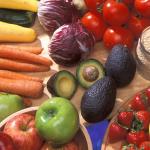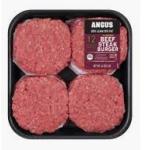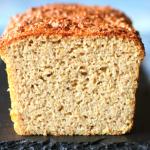Who doesn’t love a panda? The cute eye markings of raccoons combined with the cuddliness of a baby bear.
Food & Nutrition
I wrote the other day about genetic variations in the metabolism of alcohol in the Asian populations that result in flushing and discomfort very shortly after drinking.
Food packaging comes with lots of labels; the government mandated nutritional contents, perhaps some form of “Healthy Choice” certification, and those front-of-the package (FOP) snippets designed by marketing.
Reprinted by permission of McGill University Office for Science and Society.
###
One of our readers [1] wrote to us about a recent article in Lancet regarding the role of alcohol in cardiovascular disease. That prompted us to take a look and here is what we found.
A recent article in the Times swallowed whole a junk study about an increase in death from eating red meat. ACSH advisor and biostatistician Dr. Stan Young dissected out the fat, bone, and grizzle, and found... nothing left.
The rise in obesity and diabetes has many causes, genetic, lifestyle, and of course, our dietary choices especially a perennial villain, sugar.
It's amazing what sort of nonsense shows up in your inbox every day. I always wonder who falls for this stuff, but it must be a substantial number of people. Otherwise, spammers wouldn't spam.
Reprinted by permission of McGill University Office for Science and Society.
###












